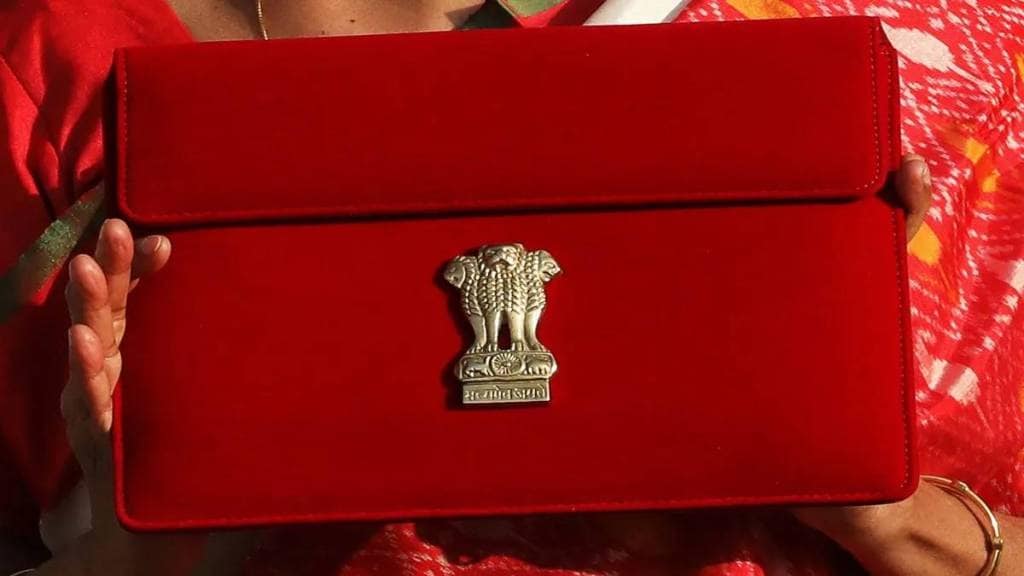As the general election are reaching the final phases, the ministries and departments of the Union government have begun the internal exercise to firm up the proposals and expenditure plans for the full Budget 2024-25, which is likely to be presented around July 10-12, sources told FE.
In 2019, the budget was presented on July 5, a month and five days after Narendra Modi was sworn in on May 30. This time election results will be announced on June 4 and the swearing-in of the new government will likely happen before June 10.
Given the paucity of time, only around a month will be available for the budget consultation with industry and other stakeholders before the Budget is presented in Parliament.
Modi continues to express supreme confidence that his government will secure a straight third term in the ongoing general elections, even as the leaders of the opposition INDIA alliance see a tide in their favour.
“We have been told to firm up our proposals and recommendations now as there will not be much time after the government formation as the Budget has to be approved at the earliest for faster execution of proposals,” a senior official said.
Recently, a meeting of all financial advisers of all departments was held to sensitize them about the upcoming Budget. The Centre’s expenditure so far has been as per the plans envisioned in the interim budget but will see acceleration only after June.
A source said the expenditure size of Rs 47.65 trillion presented in the interim budget in February for FY25 may see some changes depending on the new ideas included by the government, key ratios such as the fiscal deficit are unlikely to vary. The government may top up the 50-year interest-free capex loans to states by 15% to Rs 1.5 trillion in 2024-25 from Rs 1.3 trillion provided in the interim budget due to increased demand for the liberal loan facility aimed at boosting economic activity across the country.
Modi government has readied some key legislative plans that will be taken up immediately after the government formation. These include creation of a national financial information registry, and key amendments to the insurance and insolvency laws, sources said.
During the ongoing general elections, Finance Minister Nirmala Sitharaman on several occasions interacted with the industry to share her thoughts, hear various issues flagged by them and the suggestions by them to make India a developed nation, which is likely find a prominent place in the budget speech.
Besides reforms touching on each of the factors of production, the Modi government will likely extend investment and legislative support to key sectors.
The Centre will likely work with state governments to encourage them to create a modern set of legislation, by-laws and urban planning processes using technology.


